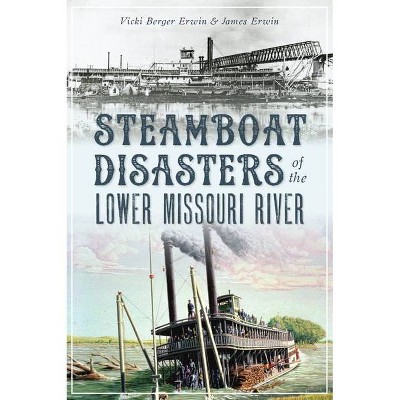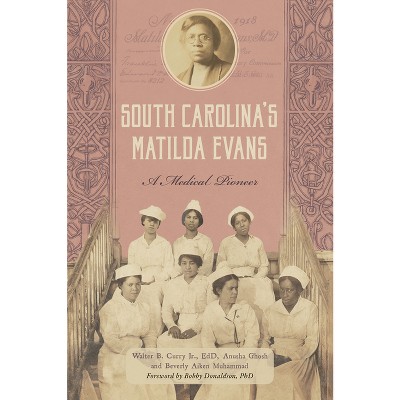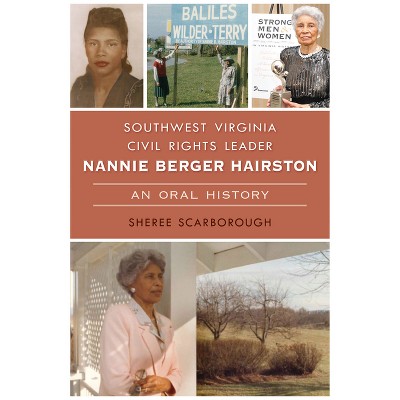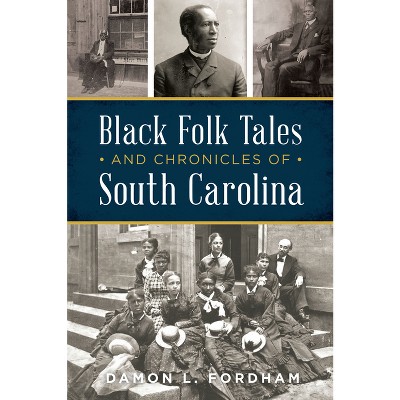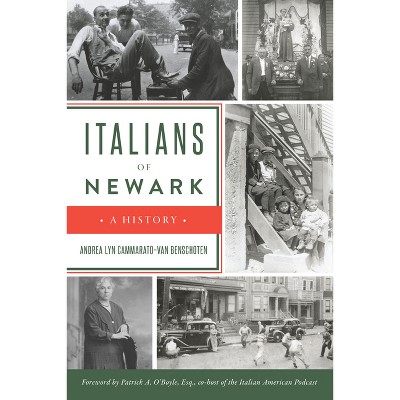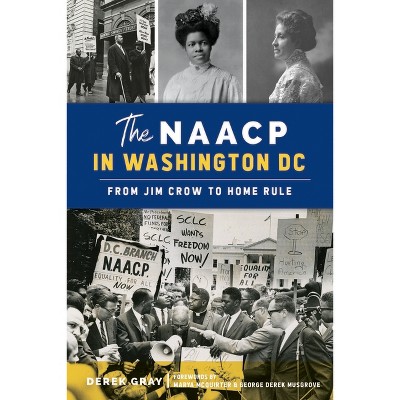Philippine-American Heritage in Washington, D.C. - by Erwin R Tiongson (Paperback)

About this item
Highlights
- Journey into the Philippine-American experience in Washington, DC.
- Author(s): Erwin R Tiongson
- 128 Pages
- History, United States
- Series Name: American Heritage
Description
Book Synopsis
Journey into the Philippine-American experience in Washington, DC. Washington is famed for its place in the history of the United States, but few know its close connections with the Philippines. Trace the intertwined histories of the two countries along the streets of Washington, from the end of the Spanish American War in 1898 through Philippine independence in 1946, and the many years since. West Potomac Park was inspired by Manila's Luneta, and District streets are named after pivotal Philippine battle grounds. These landmarks are often unmentioned in guidebooks. Hidden in plain sight are the stories of the fascinating figures that once inhabited these spaces. Professor and community historian Erwin Tiongson offers a first account of the city's Philippine heritage.Review Quotes
Tiongson has produced a unique guidebook to sites all across the District of Columbia that are touch points to historic Filipinos and Philippine history. A very readable and useful reference. - John DeFerrari, author of Lost Washington, D.C.
"Professor Tiongson's meticulously researched work documents ties between leading figures and behind-the-scenes players connecting the Philippines and the United States in the Washington area far more than century. Told through a series of fascinating vignettes, the book is rich with facts that reflect a pattern of broader enduring links between our two countries and peoples. " -Hank Hendrickson, Executive Director, US-Philippines Society
"Erwin Tiongson's book Filipinizes Washington, D.C., for all of us. It is an excellent narrative that colors the nation's capital with shades of Filipino through the stories of events and personalities relating to Philippine art, culture, and history that demonstrate how our two nations are inextricably linked by a shared history and common future. I trust that this book will be a constant reminder to Filipinos and Americans about the distinctive Filipino elements in the story of Washington. " -Jose Victor Chan-Gonzaga, Assistant Secretary, Office of American Affairs, Department of Foreign Affairs, Philippines, and farmer Consul General, Philippine Embassy, Washington, D.C.
"Erwin R. Tiongson's Philippine-American Heritage in Washington, D.C. reminds us of how much Filipinos were a presence in the nation's capital. After reading his book, I find it impossible to look at such places as The Army Navy Club without imagining what the Philippine delegation was talking about with their American hosts in June 1904 or how members of the Arts Club of Washington responded to the lecture the Filipina suffragette Sofia de Veyra gave at the Monroe House in 1921. I now associate the Shoreham Hotel with Manuel L. Quezon, the President of the Philippine Commonwealth, and look forward to strolling around Cathedral Avenue and visualizing the Philippines' resident commissioner Jaime De Veyra trying to catch the streetcar to the House of Representatives." -Patricio N. Abinales, Professor, Department of Asian Studies, University of Hawaii-Manoa
"This book is an essential guide for those interested in seeing Washington, D.C., and its sites from a Philippine perspective, i.e., from the vantage point of a former American colony on the circuitous road to independence. Through storytelling and rare historical gems, Professor Tiongsonfills in gaps in the Filipino-American narrative, reminding us that we were at once subjects of the American Empire as well as friends. Philippine-American Heritage in Washington, D.C. is more like a juicy 'Insider's Guide' to a vexed Fil-Am history than a city guide book. Coming at a time when the Philippines and the United States might need to unite against military aggression in the Pacific anew, this book links us back to our shared wartime history and an extraordinary generation of leaders. This is a newly relevant important read for Filipinos and Americans alike." -Liana Romulo, author and Archivist of the Carlos P Romulo Foundation for Peace and Development

